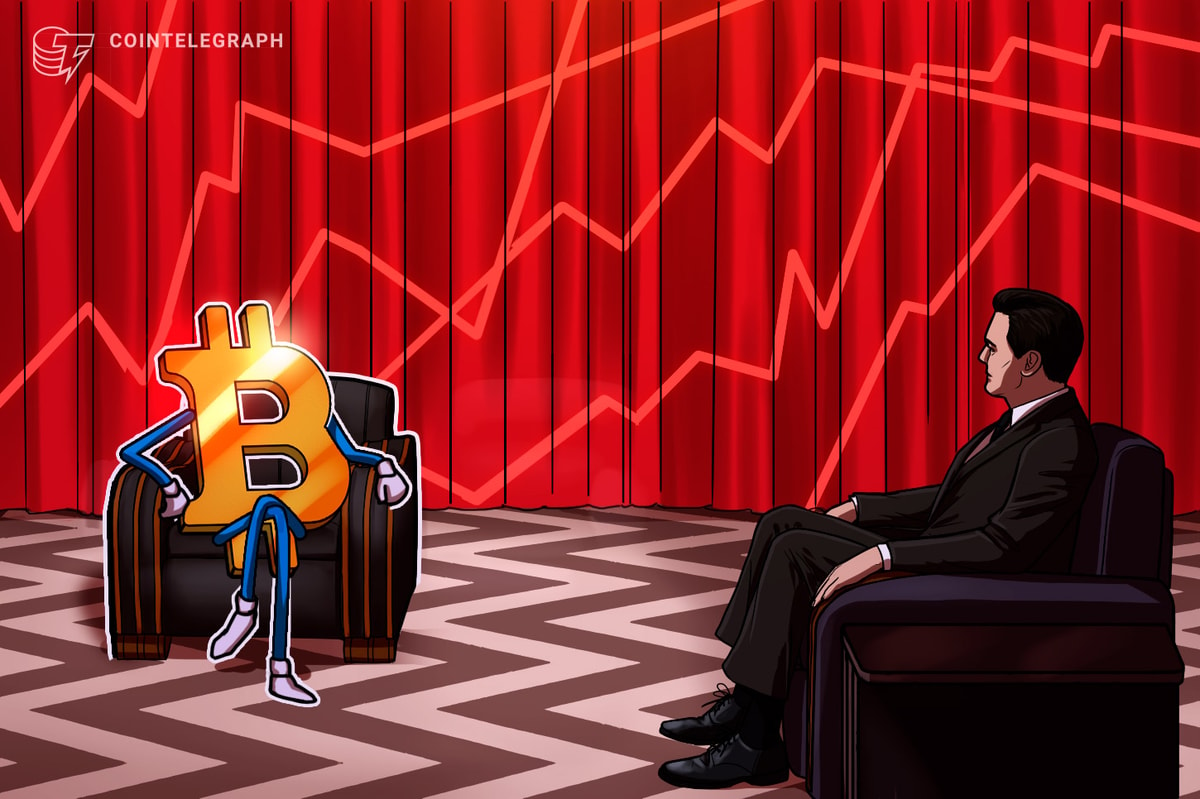The housing crisis is pushing Gen Z into crypto and economic nihilism
3 min read
Unlock the Editor’s Digest for free
Roula Khalaf, Editor of the FT, selects her favourite stories in this weekly newsletter.
This article is part of the FT Financial Literacy & Inclusion Campaign’s
In a pioneering study published last week, economists at the University of Chicago and Northwestern University used detailed data on the card transactions, wealth and attitudes of Americans to demonstrate that reduced work effort, increased leisure spending and investment in risky financial assets (including crypto) are all disproportionately common among young adults who face little to no realistic prospect of being able to afford a house. By contrast, Seung Hyeong Lee and Younggeun Yoo’s research finds that those for whom home ownership is a more realistic possibility in the medium term, or who have already attained it, take fewer risks and strive harder at work.
I have extended their analysis to the UK and find a similar picture. Young British renters who have little hope of cobbling together a deposit are much more likely to take financial risks — with online betting, for example — than their contemporaries who are on or within reach of the housing ladder.
Most importantly, Lee and Yoo use time series data and local house prices to show that the link between unaffordable housing and economic behaviour appears to be causal. Recent upticks in financial risk-taking, leisure spending and reduction in work effort respond to changing economic incentives. As housing affordability deteriorates, those who come to believe they are locked out of home ownership resort to a mixture of high-risk bets and what US economic commentator Kyla Scanlon calls “financial nihilism” — why strive and save when it won’t be enough to make it anyway? — while their better-placed counterparts tighten their belts.
The findings on effort at work are particularly notable. Gen Z is often characterised as lacking resilience in the workplace; many young employees have taken to social media to bemoan the pointlessness of the nine to five. The evidence suggests these changing beliefs and behaviours are grounded in economic reality as it evolves. It’s not that previous generations were more engaged in their work because jobs back then were thrilling, it’s that applying oneself at work used to be a means to an end. With the reward of owning your own home yanked out of reach, the whole thing feels futile.
The same conclusion follows from the increasing importance of parental help to climb the ladder. For most first-time buyers in the US, the UK and Australia, the biggest hurdle is not salary but down payment. Why stay late in the office to finish that project in the hope of a modest pay rise when you know you’ll end up needing a six-figure deposit that might take decades to build up regardless?
The results of these studies have important implications. First, they underscore the critical urgency of addressing the home ownership affordability crisis. The impact, as we can now see, is destabilising the wider economy and society, setting many young adults on a slippery financial path where mis-steps may prove unrecoverable.
FT financial literacy charity
Second, they highlight the importance of providing young people with the financial literacy they need to navigate a new world where for many the only hope of success is to take big monetary risks. Today’s 20-somethings are much more likely to end up as life-long renters than their parents were. This means they will need more guidance than past generations on other means of wealth accumulation, as well as the skills and support to know that it’s not yet game over.
It’s all very well bemoaning the growing economic nihilism of younger generations — and the evidence bears it out — but they’re just playing the cards they have been dealt.
john.burn-murdoch@ft.com, @jburnmurdoch
What does this week’s UK Budget mean for your finances? Join a free webinar on Friday 28 November 1300-1400 GMT with FT journalists Claer Barrett, Stuart Kirk, Tej Parikh and special guest, tax expert Dan Neidle. Register now and put your questions to our panel.










